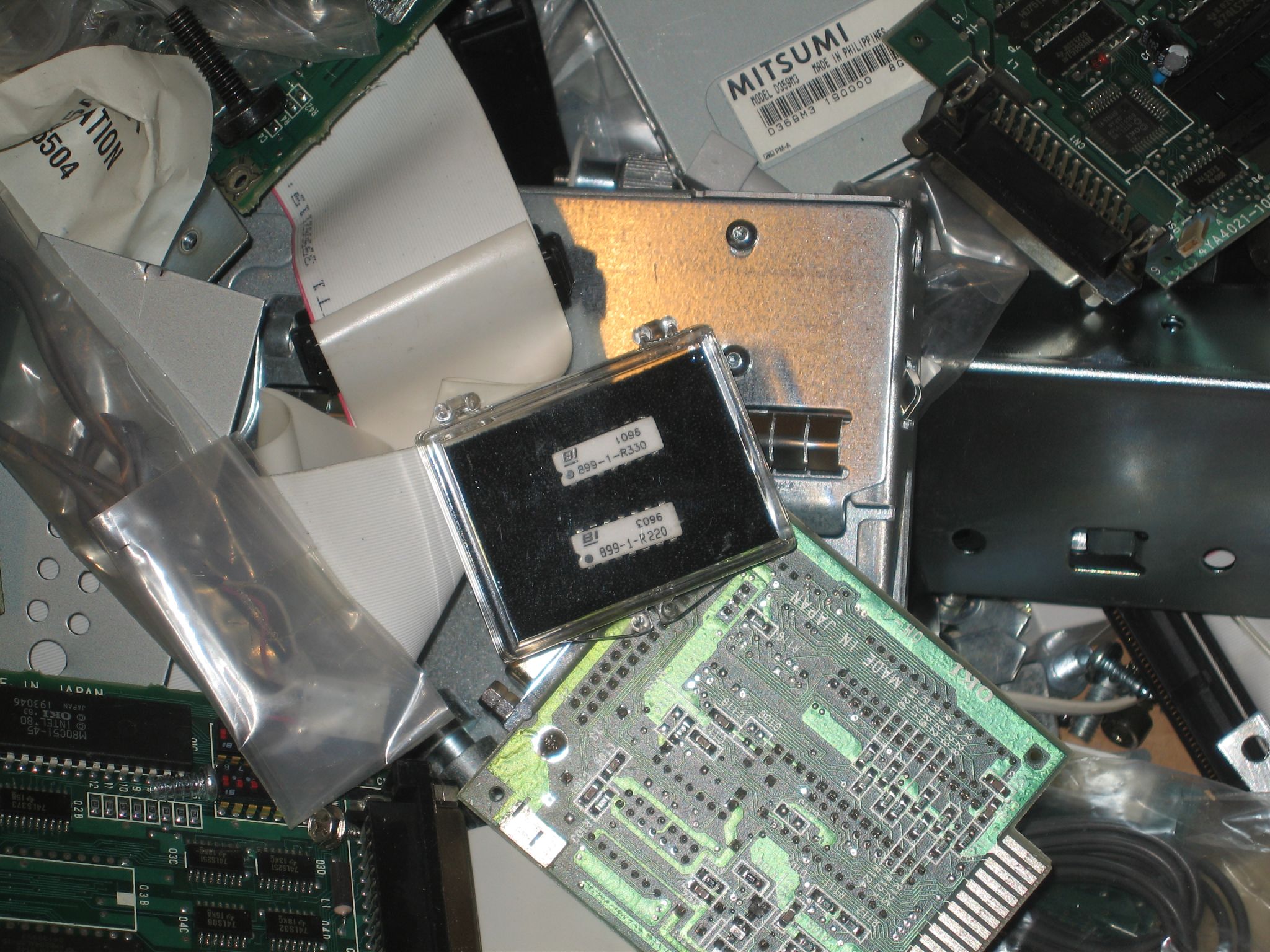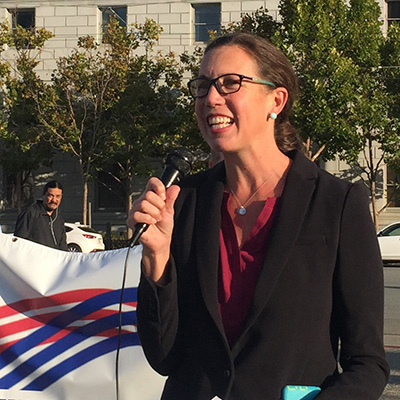
Celebrating new protections taking effect in 2024
If there's one thing better than winning the passage of a new law, it's seeing the new law begin to improve the quality of people's lives and our environment.
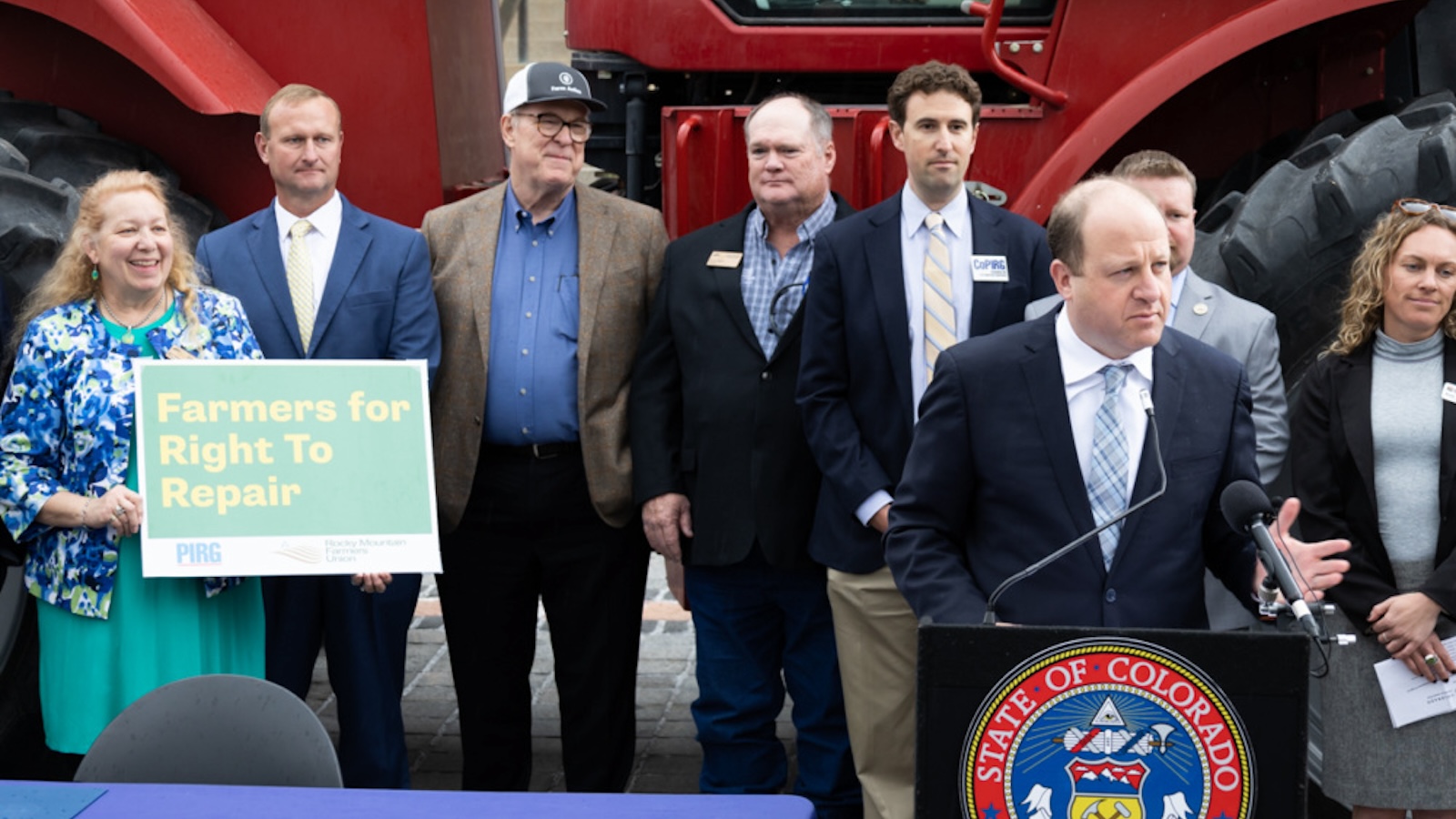
If there’s one thing better than winning the passage of a new law, it’s seeing the new law begin to improve the quality of people’s lives and our environment.
This year, consumers, patients and the environment gain new rights and protections at the state level that will result in better data privacy; less single-use plastic and e-waste; less “forever chemicals” in our products, the environment and our bodies; and more. As The Public Interest Network reflects on 2023 and looks forward to 2024, we wanted to take a minute to celebrate these great laws and their attendant protections taking effect in 2024 in the states.
Of The Public Interest Network’s state organizations, CALPIRG, Environment California, COPIRG and Environment Colorado saw an especially large share of their state-level 2023 policy victories take effect on January 1. This progress came thanks to forward thinking leaders like Govs. Gavin Newsom and Jared Polis and many state legislators; CALPIRG State Director Jenn Engstorm, Environment California State Director Laura Deehan, Colorado State Director Danny Katz, and all their coalition partners; and Californians and Coloradans who support our vision for a better world. Below, I’ve also featured pro-environmental and public interest policies taking effect in states such as New York and Rhode Island due to the hard work and commitment of our allies.
Please join us in spreading the word to inspire more states to adopt these policies in the future.
Exercising the Right To Repair
When we buy something, we should have the freedom to get our stuff fixed from whomever we trust using materials that will do the job. Otherwise, we end up wasting valuable resources, money and time that end up costing consumers and hurting the environment.
On Jan 1, the nation’s first agricultural right-to-repair law – a bipartisan effort – went into effect in Colorado, ensuring Colorado’s farmers and ranchers have access to the tools and resources they need to fix their equipment themselves. CoPIRG, our state PIRG in Colorado, led the effort and worked for years to pass this bill.

On December 28, 2023, New Yorkers gained the right to repair their electronic devices (but not appliances) such as laptops, smartphones and tablets.
Better data protection in Colorado
In 2024, if you surf the web in Colorado, you’ll enjoy new rights. Among them are the right to see the personal information businesses have collected on you, to correct any inaccuracies in that data, to delete your personal info altogether, and to opt out of the sale of your personal data and targeted ads. CoPIRG helped shape the Consumer Privacy Act, a victory for PIRG’s nationwide Don’t Sell My Data campaign.
No more surprise ground ambulance billing in California
When a medical emergency strikes, the most important thing is to get help fast. Yet too often patients end up with a surprise medical bill for ground ambulance services they didn’t realize were out of network. Unfortunately, the landmark federal 2020 law that prevents surprise medical billing for most hospital care and air ambulance transportation nationwide did not include protections from surprise bills from ground ambulances.
In California, the No Surprises Act signed by the governor this fall closes that loophole and now protects Californians from surprise ground ambulance bills. The legislation had stalled in previous years, but thanks in part to PIRG activist Jennifer Reisz sharing with lawmakers her personal experience with surprise ground ambulance billing, we were finally able to convince the Legislature to take action.
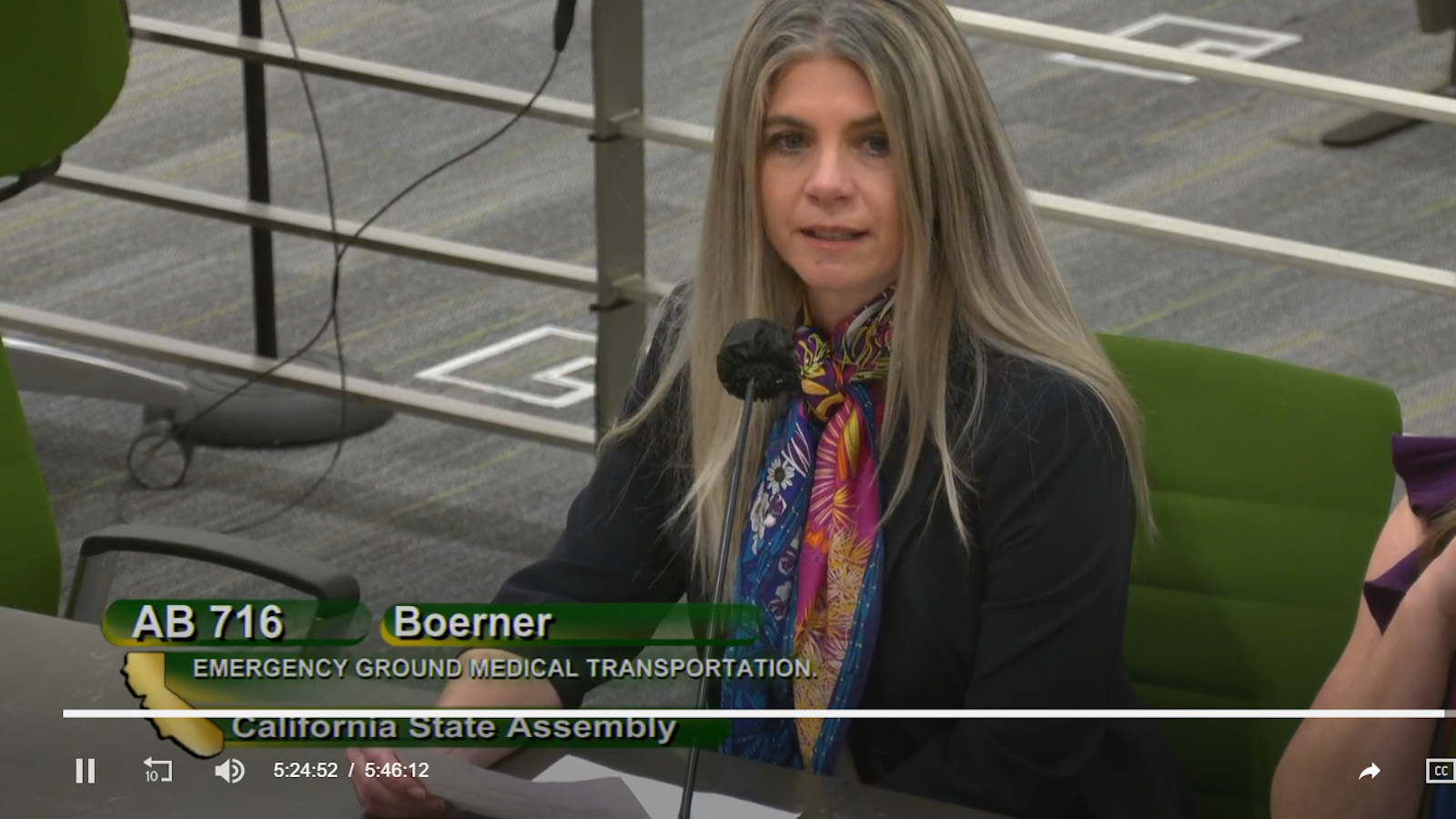
More baby food testing
Consumer protections in California now also extend to the youngest citizens. Companies that make and sell baby food will have to regularly test their products for heavy metal contamination starting January 1, 2024 and a year later make those findings public. CALPIRG sent a letter of support for AB 899, which imposes both testing and transparency requirements on manufacturers of food fed to our babies.
Fewer toxins in the new year
For years, Environment America and PIRG have been working in tandem on the national level and state level to reduce human, animal and pollinator exposure to toxins from “forever chemicals” (known as PFAS) to mercury to pesticides that specifically harm pollinators.
In California starting this year, consumers will know if there are PFAS chemicals in the cookware products they are considering purchasing.
Coloradans will see less PFAS in their products and, as a result, in the environment because new carpets, rugs, fabric treatments, food packaging, juvenile products and some oil and gas products legally cannot contain PFAS.
California will no longer permit the sale of compact fluorescent lights (CFLs), which contain mercury that’s hazardous to human, animal and environmental health.
And in a win for pollinators, Colorado’s rule to limit the sale of common neonicotinoid pesticides, known as “neonics,” which attack the brains of insects, including bees, went into effect Jan 1. This rule will protect the 946 native bee species in Colorado and arrest the decline of the western bumble bee due to neonics.
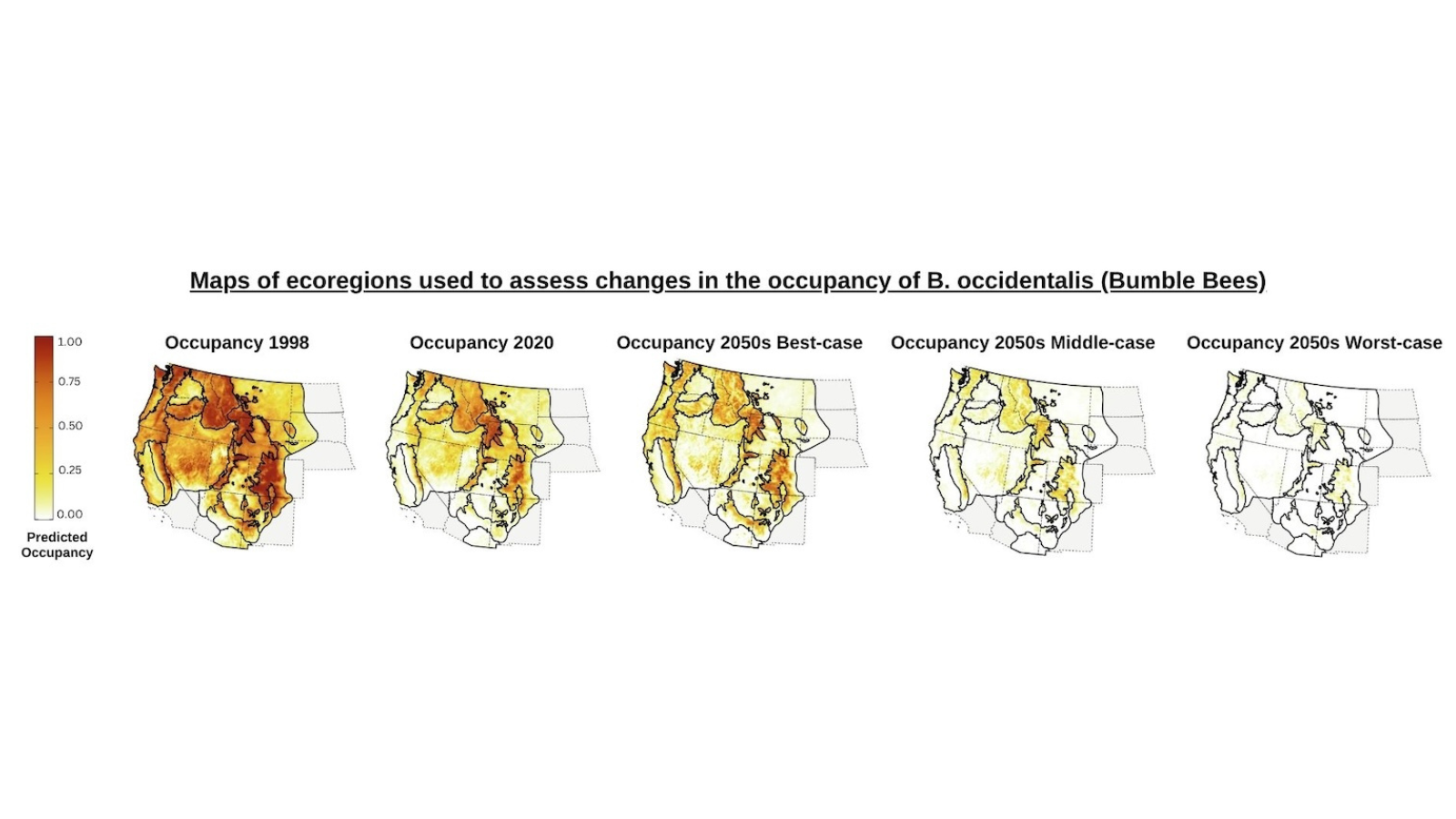
Beyond Plastic
Too much plastic is produced, not recycled, and ultimately contaminates the environment and our water and food, especially hard-to-recycle polystyrene or Styrofoam.
Thankfully, Colorado’s Plastic Pollution Reduction Act kicked in on Jan. 1, 2024. The law not only prohibits food establishments from using polystyrene containers, but also it bans single-use plastic bags and charges 10 cents for single-use paper bags.
Rhode Island’s ban on single-use plastic bags also went into effect on Jan. 1. Washington State will ban foam cups, takeout containers and coolers beginning June 1.
California’s Truth in Recycling labeling is now in effect, which forbids companies from putting the chasing arrows symbol on products unless they are actually able to be recycled in the state. Implementation of California’s broader Plastic Pollution Reduction Act also starts, which requires cutting plastic packaging by 25 percent by 2032 and requiring 65 percent of all single-use plastic packaging to be recycled.
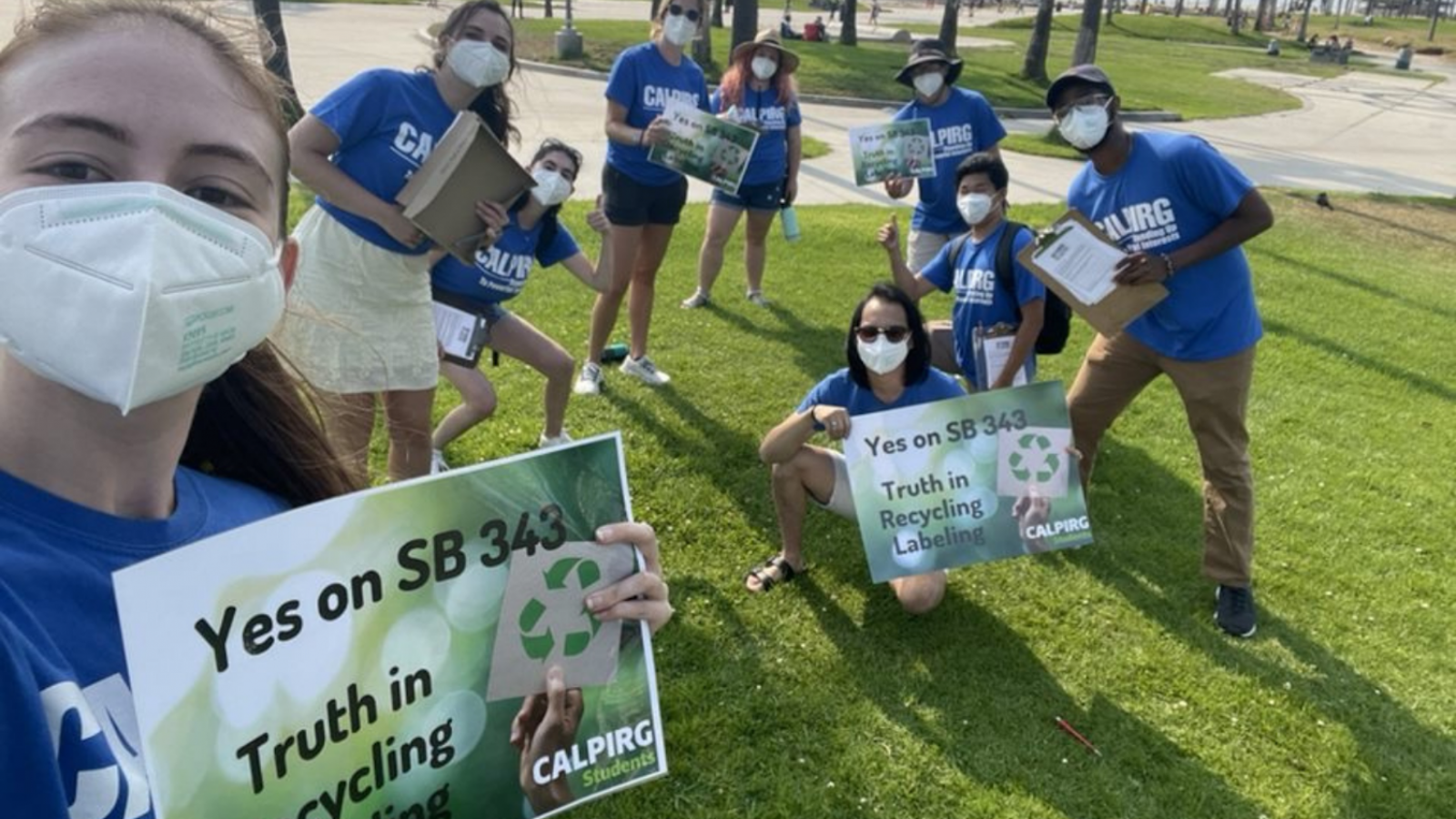
Truth in labeling is also extending to compostable materials in Colorado. New label standards will reduce misleading information that a product may be compostable and reduce contamination in our compost stream.
Electrification on the rise
In Colorado, rebates for electric vehicles and lawn equipment are increasing, which means carbon emissions will decrease in 2024 as a result of last spring’s bill to reduce the cost of electric lawn equipment. A new 30% discount on electric lawn mowers, leaf blowers, trimmers and snow blowers will help to ameliorate the shocking amount of pollution that CoPIRG researchers found gas lawn equipment produces in our neighborhoods, contributing to the state’s significant ozone problem.
As part of a larger push to encourage electric vehicle (EV) adoption in Colorado, in addition to the already existing $5,000 tax credit for most EVs, Coloradans can save an additional $2,500 on eligible EVs, which are cleaner to drive and cheaper to fuel and operate than gas-powered vehicles. This will get Colorado one step closer to achieving 100% new electric vehicles by 2035, the goal of Colorado’s recent Clean Cars Rule.
Limiting building emissions
Large buildings are a huge source of greenhouse gas emissions. California’s SB 48, the Building Energy Savings Act, requires the state to collect energy data starting this month to create a strategy for reducing energy use and greenhouse gas emissions in big commercial buildings. Environment California worked on and sponsored this bill. As we move forward with other electrification and clean energy campaigns, we hope to curb the energy inefficiency of big buildings, which account for a growing percentage of carbon emissions.
New York City’s climate law to reduce the carbon footprint of buildings also goes into effect with the new year. Local Law 97, passed by the City Council in 2019, puts carbon caps on all buildings bigger than 25,000 square feet.
A better world in 2024
All of these policies and rules going into effect mean that this time next year, the United States will be a healthier, more transparent, safer and less polluted country. Each and every policy makes a difference and inspires other similar movements and changes across the country.
As we head into a year when change at the federal level is likely to be limited, PIRG and Environment America are putting more emphasis on the states to win real differences for people. Here’s to making our world a cleaner, healthier and safer place in 2024!
Topics
Authors
Emily Rusch
Vice President and Senior Director of State Offices, The Public Interest Network
Emily is the senior director for state organizations for The Public Interest Network. She works nationwide with the state group directors for PIRG and Environment America to help them build stronger organizations and achieve greater success. Emily was the executive director for CALPIRG from 2009-2021, overseeing a myriad of CALPIRG campaigns to protect public health, protect consumers in the marketplace, and promote a robust democracy. Emily works in our Oakland, California, office, and loves camping, hiking, gardening and cooking with her family.
Find Out More
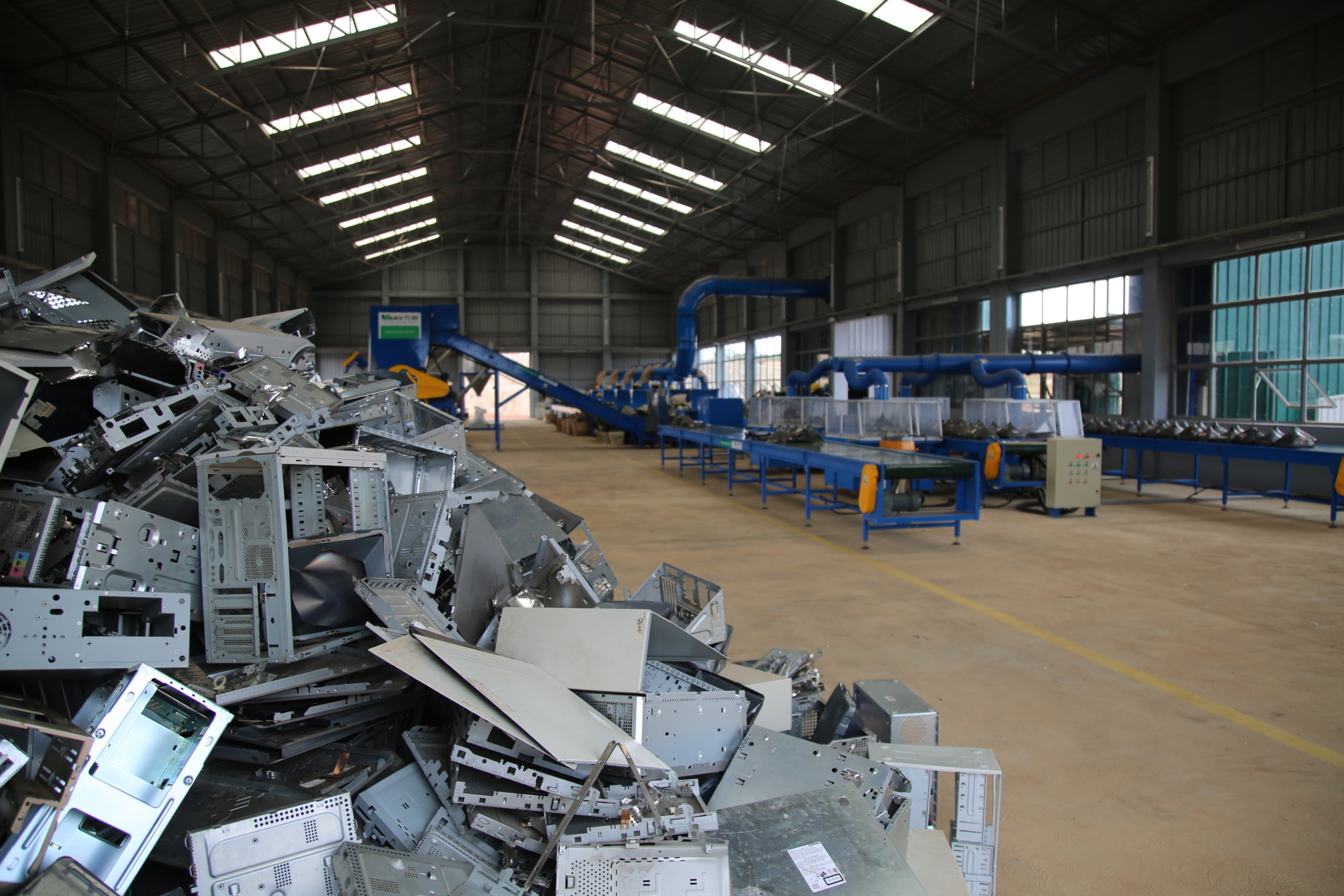
Why Microsoft extended Windows 10 support for schools for $1

Unsubscribe: Refusing to pay to use what we own

30 states considering Right to Repair so far in 2024
